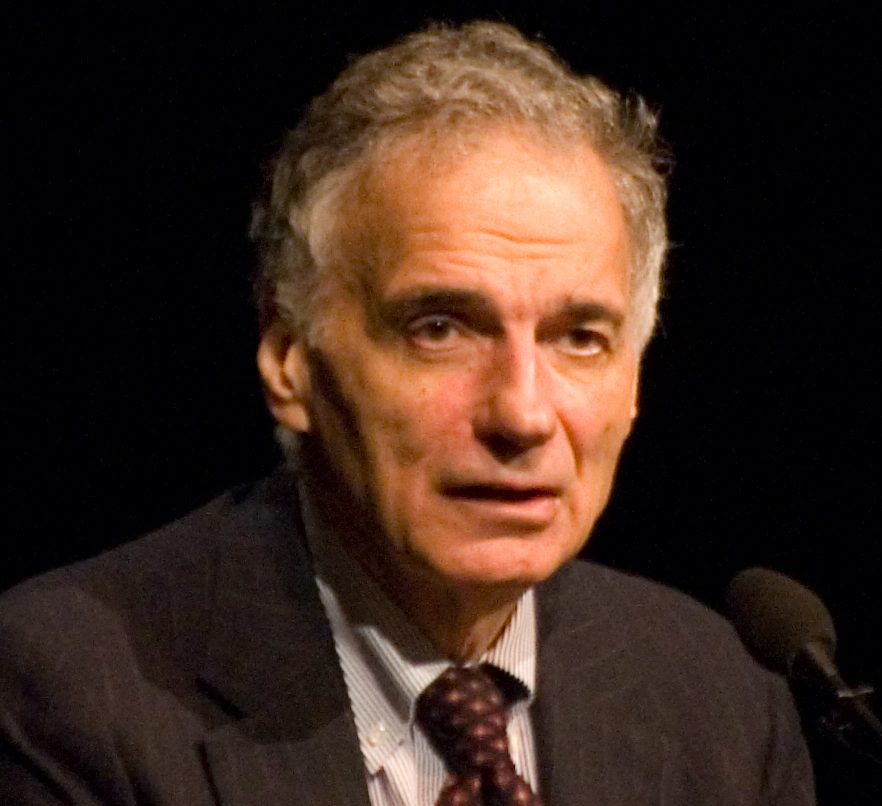Ralph Nader talks corporate power, Trump at Yale event
The former Green Party presidential candidate closed out the Yale Global Justice Program conference with a keynote address on Nov. 12.

Wikimedia Commons
Activist and former presidential candidate Ralph Nader closed the Yale Global Justice Program’s annual conference with a keynote address titled “Getting Mobilized to Overcome Coercive Corporatist Powers.”
Founded in 2008, the Global Justice Program is headed by Professor Thomas Pogge and champions the importance of morality in international affairs. Saturday’s event marked the conclusion of a three-day event series that boasted countless other speakers including David Sachs, a renowned economist and a professor at Columbia University. Nader, who joined over the phone at the Zoom–based conference, spoke at length about the malignant influence of corporate power and offered ideas about how to combat it.
“We can only touch on a portion of corporate power,” Nader acknowledged in a preface to his remarks. “It has seeped into every crevice of our politics, economics, culture, media –– far beyond what corporate power was, thirty, fifty, eighty years ago.”
Nader has been acting on behalf of consumers since 1965, when he wrote Unsafe at Any Speed, an indictment of the American car industry that helped spur the passage of the National Traffic and Motor Vehicle Safety Act.
Nader’s storied career of activism includes four failed swings at the presidency for the Green Party between 1996 to 2008. He used his candidacy to draw attention to issues of consumer protection and corporate malpractice. In his talk at the GJP, Nader echoed these themes and issues of his career.
He began by discussing language. He cautioned his audience to be wary of what he called the “language of control,” which corporations use to exert influence. Nader highlighted the term “climate change” –– in sharp contrast to his preferred term, “climate violence” –– as an important example of how corporations can use language to advance their agendas.
Nader continued to home in on the significance of words, noting how corporate welfare are often framed as government “incentives,” while personal welfare is called “entitlements.”
Nader moved on to discuss a host of other issues, among them the current state of American politics. He held the media responsible for polarizing politics and obscuring the commonalities between liberal and conservative voters. He then turned to indict former president Donald Trump, whom he called “a political crook and a corporate crook.”
Nader’s keynote talk attracted dozens of students, including Matthew Kim ’25.
“It was illuminating,” Kim said. “I’m thankful that the GJP invited Nader, whose voice has had a unique impact on modern American history, and whose work has impacted the lives of countless Americans.”
Despite his lauded career, Nader told his audience that he was no different from them. “Except,” he noted, “I had a rage for justice.”
After Nader finished his talk, Sujata Gadkar-Wilcox, an assistant professor at Quinnipiac University who chaired the conference, invoked the spirit of Nader’s career.
“It’s our obligation to get mobilized,” she said.
Along with hosting an annual conference, the Yale Global Justice Program partners with a cohort of Global Justice Fellows whose work aligns with their founding mission.







